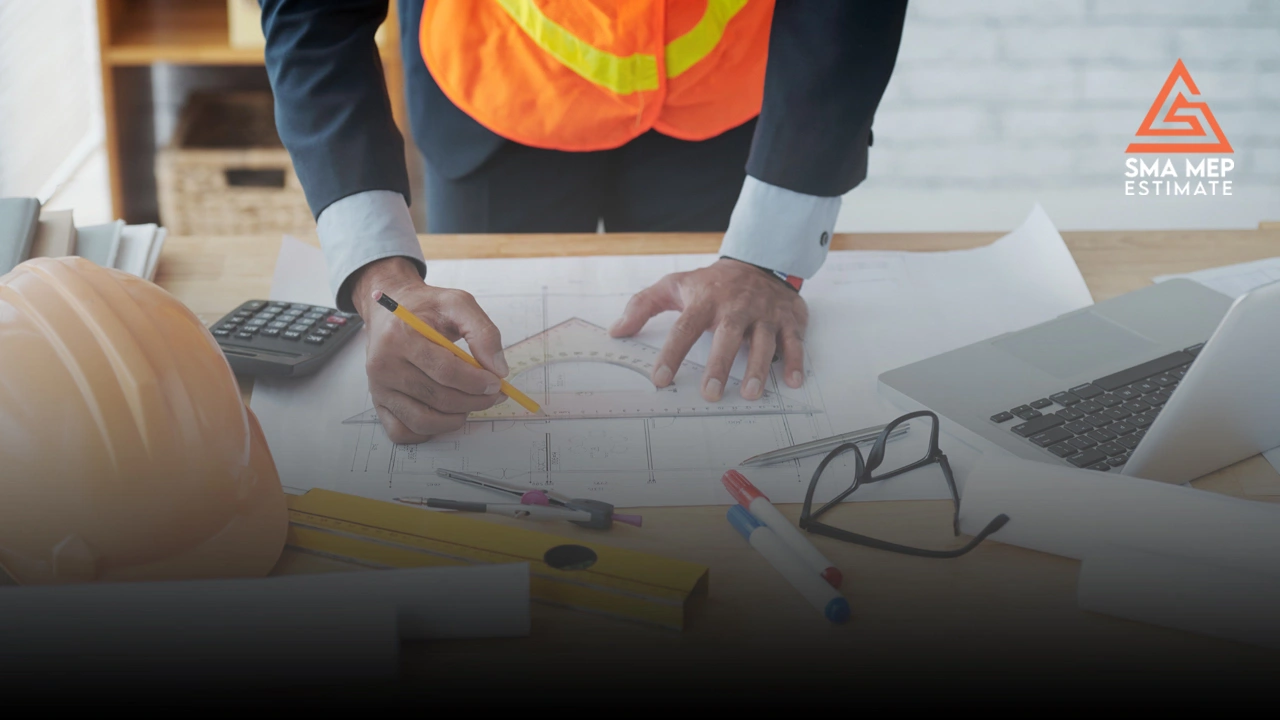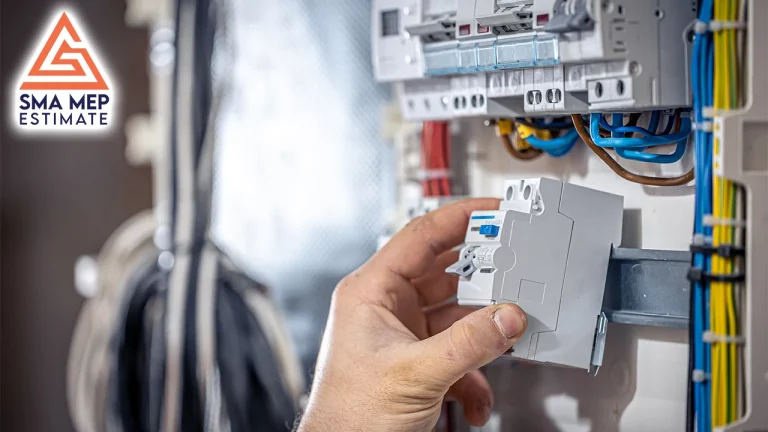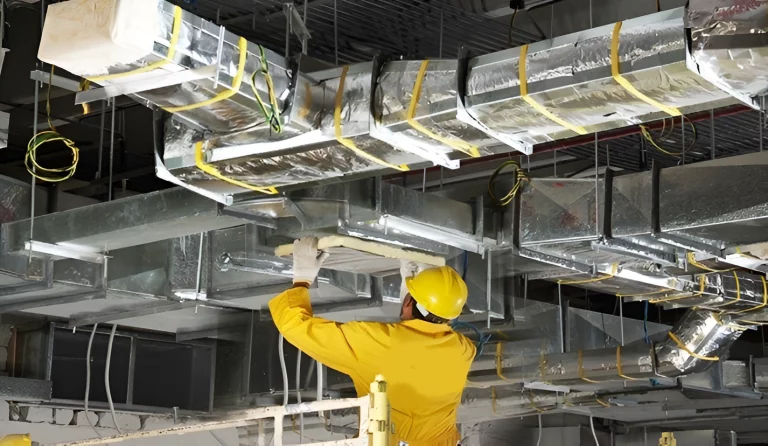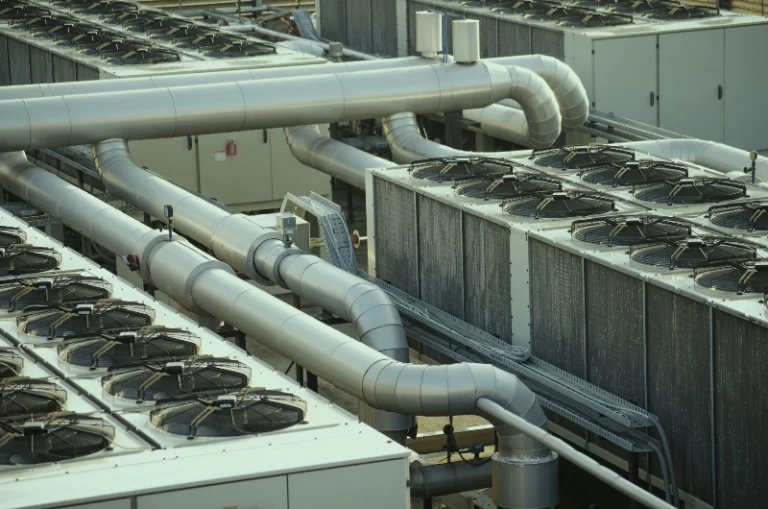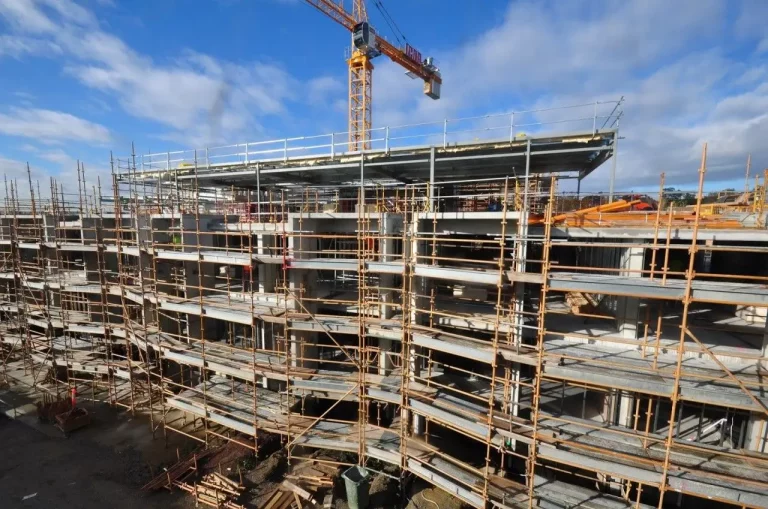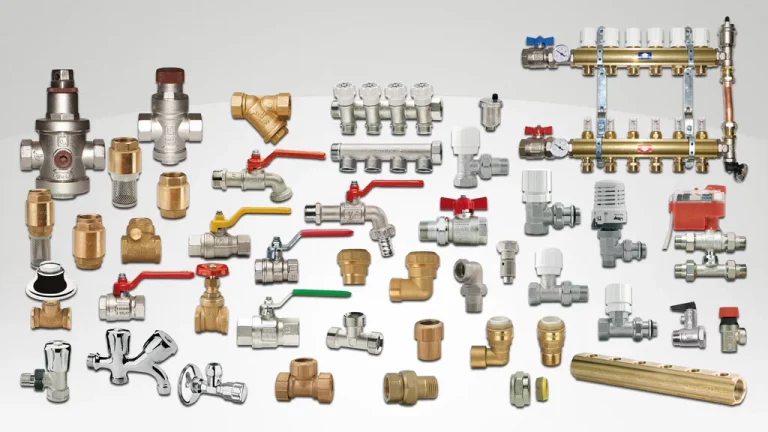A Brief Guide on Construction Project Management Process
Construction Project Management (CPM) is the supervision, control, and oversight of a project from inception to completion. The primary objective is to ensure the complete fulfillment of the client’s requirements for a feasible project, encompassing aspects of functionality and financial allocation. Diverse categories of construction projects exist, including commercial, residential, industrial, and heavy civil undertakings.
CPM is fundamentally linked to technical factors such as financial planning and project execution. Furthermore, it necessitates strong collaboration among all parties involved, including stakeholders, contractors, and the local community.
Construction in the modern day is complicated, involving hundreds of workers and a wide network of resources. Coordination and connection of people and resources are required for successful construction project management in order to accomplish construction projects as near to on schedule and on budget as feasible.
What Does Construction Project Management Mean?
CPM involves the strategic planning and proficient execution of construction initiatives. In practical terms, it entails the strategic allocation of resources to attain predefined construction objectives, adhering to predetermined constraints of time, budget, and scope.
Effective management is a crucial requirement across diverse construction project categories, encompassing.
Consequently, a wide range of construction project types require construction management in order to be effective. Construction management can be necessary for anything from a simple structured house to a complex structure. Construction project managers oversee the beginning and finish of a project’s construction, ensuring its success.
Different kinds of building projects come with their own difficulties. But no matter what type it is, they all need three important roles: someone who owns the project, a construction project manager, and a general contractor. Unlock the art of Construction Projects Management with our simple guide! From blueprint to masterpiece, build success with expert insights.
CPM Team
A Construction Project Management (CPM) team typically consists of various individuals and roles, each contributing their expertise to ensure the successful planning, execution, and completion of a construction project. The composition of the team may vary depending on the size and complexity of the project, but here are some key roles commonly found in a CPM team:
Project Owner
The person who starts and pays for the project. They watch over the project from a big-picture perspective and make important decisions, like how to pick a contractor and how the project will be done.
Construction Project Manager
This is the person who takes charge of the construction project. They plan, organize the budget, and supervise the work. The construction project manager does these things:
General Contractor(GC)
A general contractor is chosen after comparing bids from different contractors. The project owner picks the best bid for the project.
A general contractor is like the boss of the construction site. They make sure everything runs smoothly and provide the things needed for the construction work. They hire other special workers if needed. Here are some important things a general contractor does:
Construction Estimator
A construction estimator is a person who figures out how much a construction project will cost. They add up all the different expenses like materials, labor, and more. They can work for the main contractor or be hired from outside. Sometimes, special companies can help them make accurate estimates using special software.
Estimates are super important for construction companies. They need to know the costs to make money and win bids. Estimators use software to make sure their estimates are right.
Construction Subcontractors
Construction subcontractors are like experts in one thing, like Plumbing or Electrical work. The general contractor hires them for jobs they’re really good at.
The general contractor is responsible for making sure these subcontractors do their work right. They check what happens every day. Sometimes, at the end of a project, there are some things left to do. Our punch list template helps make sure everything gets done before the project is finished.
Overall CPM Process
Construction projects, whether large-scale infrastructure developments or smaller residential builds are complex endeavors that require meticulous planning, coordination, and execution. Effective construction project management is essential to ensure projects are completed on time, within budget, and to the desired quality standards. In this article, we will provide a brief guide on the construction project management process, highlighting key steps and best practices.
Project Initiation
The first step in construction project management is project initiation. During this phase, the project’s feasibility is assessed, objectives are defined, and the scope of work is outlined. Key activities in this phase include:
Planning and Design
During the planning and design phase, detailed plans are developed to guide the construction process. This phase involves:
Pre-Construction
Pre-construction activities focus on preparing the site and procuring necessary resources. This phase includes:
Construction
The construction phase involves the physical execution of the project plans. Key aspects include:
Monitoring and Control
Throughout the project, monitoring and control activities ensure that the project stays on track. This phase includes:
Project Closeout
As the project nears completion, the closeout phase involves finalizing all project activities and ensuring a smooth transition. This includes:
Whether You’re a Seasoned Pro or a Curious Beginner, Turn Your Construction Dreams Into Reality – It’s Time to Build Something Extraordinary!
Call us at (737) 843-4434
Fastest Turnaround 24-48 Hours
Construction Project Management Tools
CPM tools are like smart assistants for construction professionals. They help managers plan schedules, allocate resources, and stick to budgets. These tools also make communication easy among team members and partners. They identify and reduce risks, ensure quality, and handle project documents efficiently. Overall, they’re like digital helpers that ensure construction projects run smoothly from start to finish.
Certainly! Here are some popular Construction Project Management (CPM) Tools:
These tools vary in their features, focus areas, and target audiences. Depending on the specific needs and scale of your construction projects, you can explore these options to find the one that best suits your requirements.
Conclusion
To sum it all up, Construction Project Management brings together creativity and practicality to turn ideas into reality. It requires flexibility to handle unexpected challenges and the skill to use technology effectively. Each completed project not only results in physical structures but also adds to the knowledge and experience needed for future success. As the construction industry continues to shape the world, project managers play a crucial role, in guiding projects that showcase teamwork.

